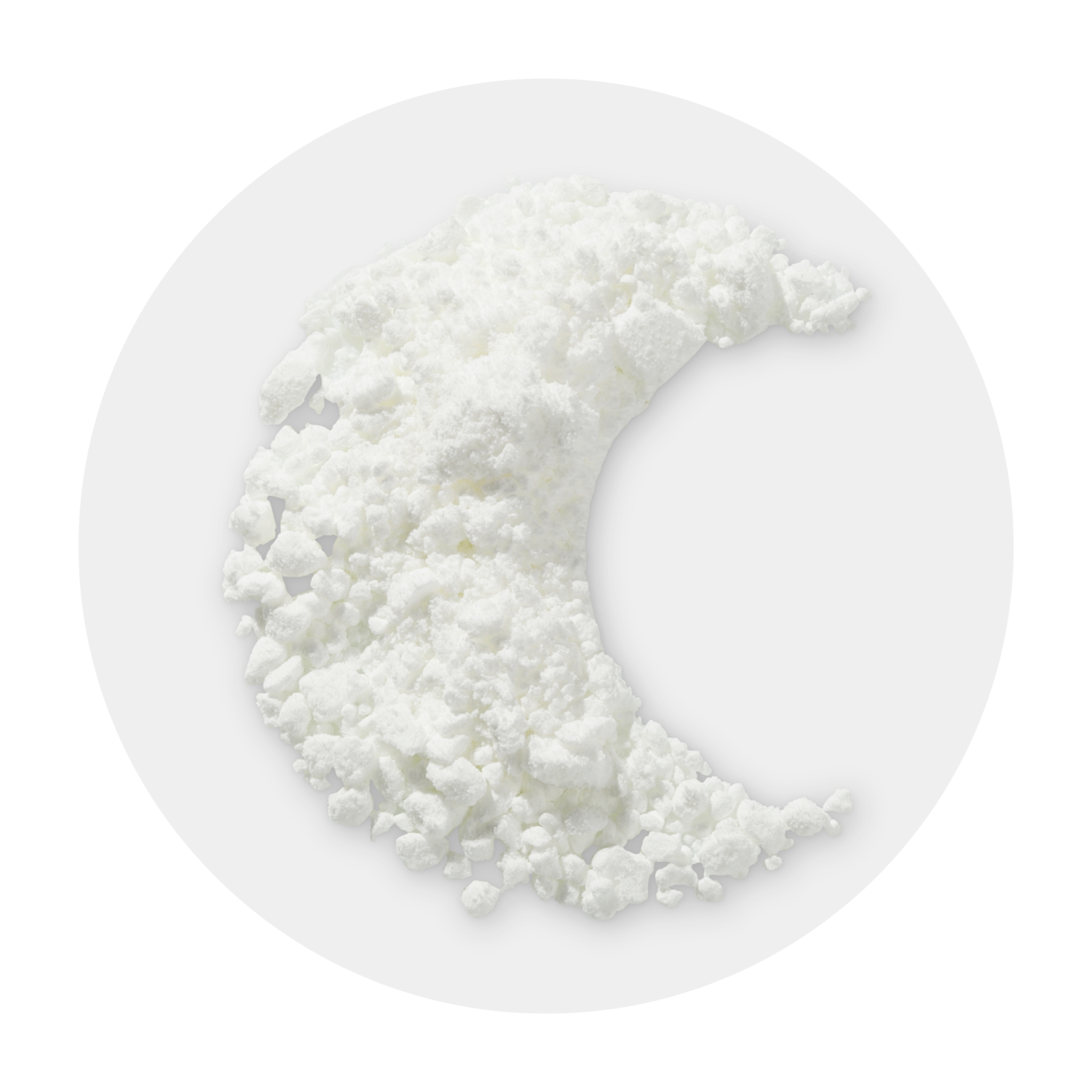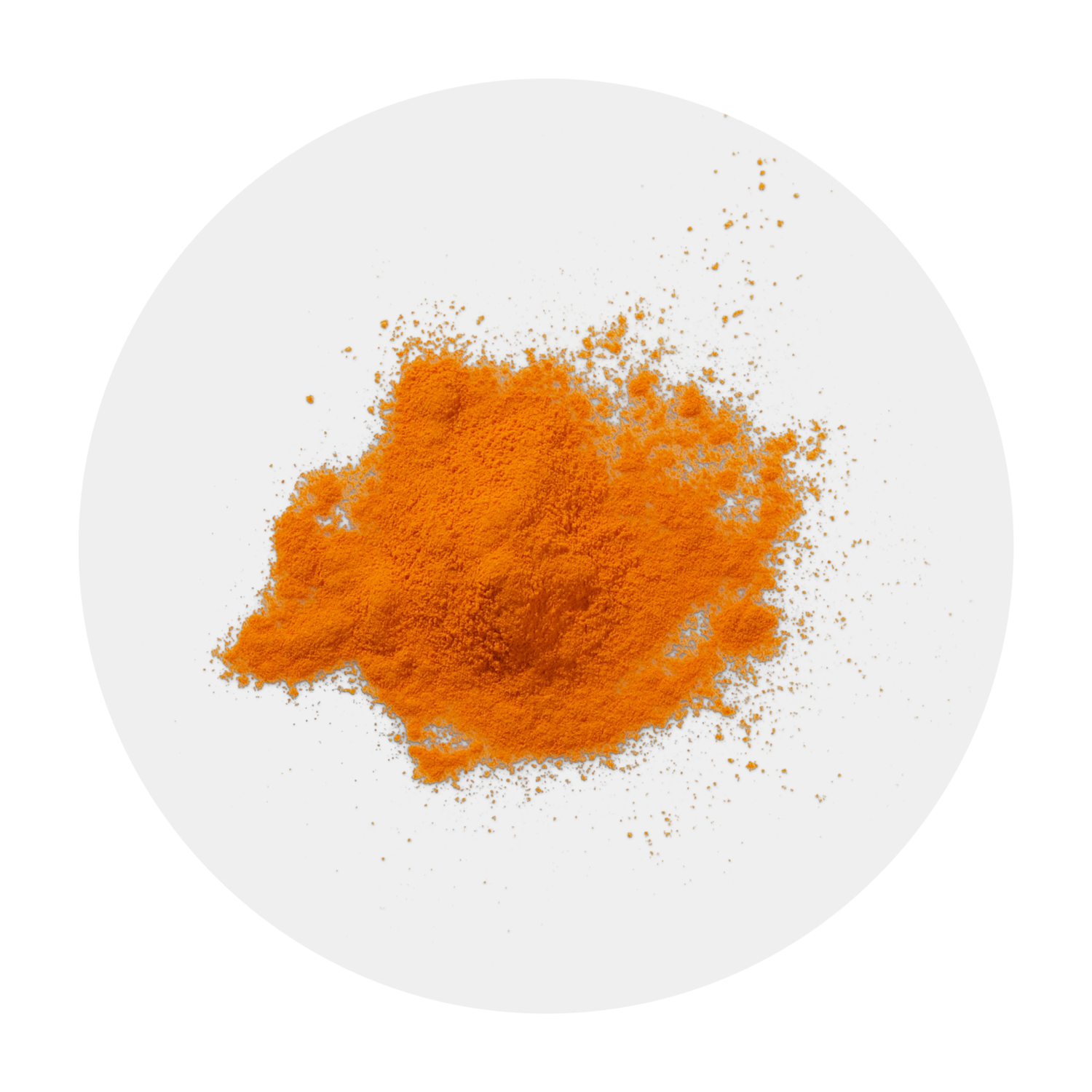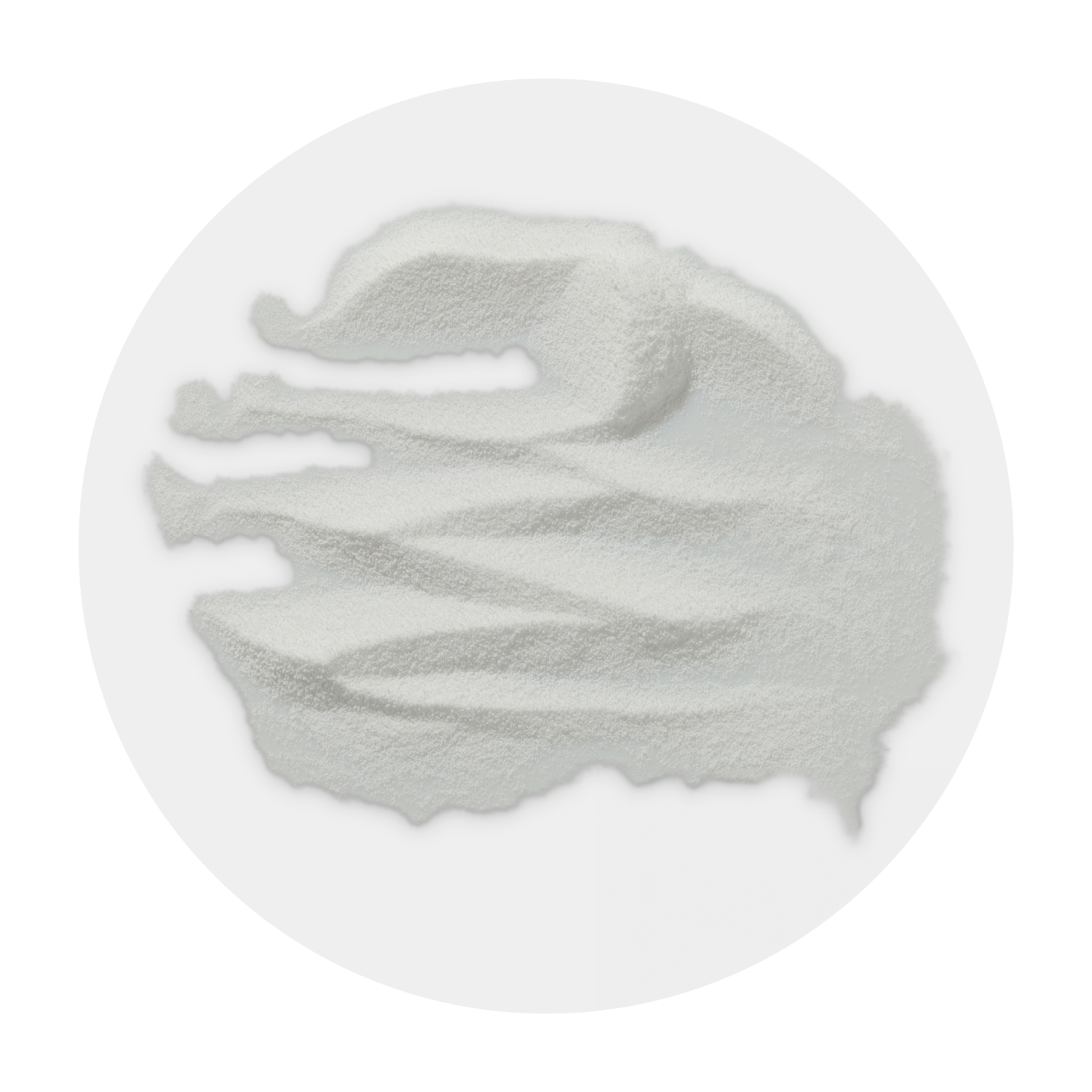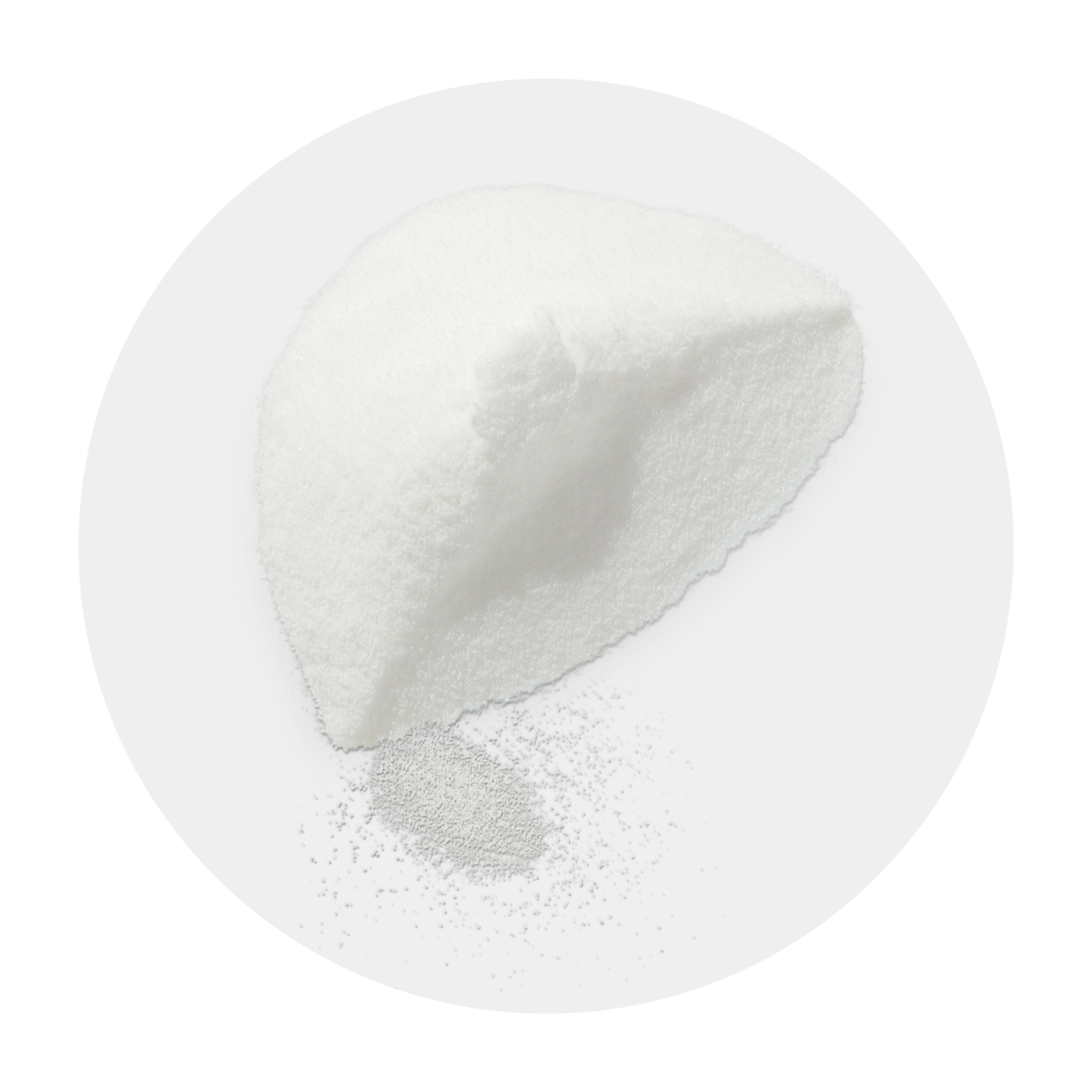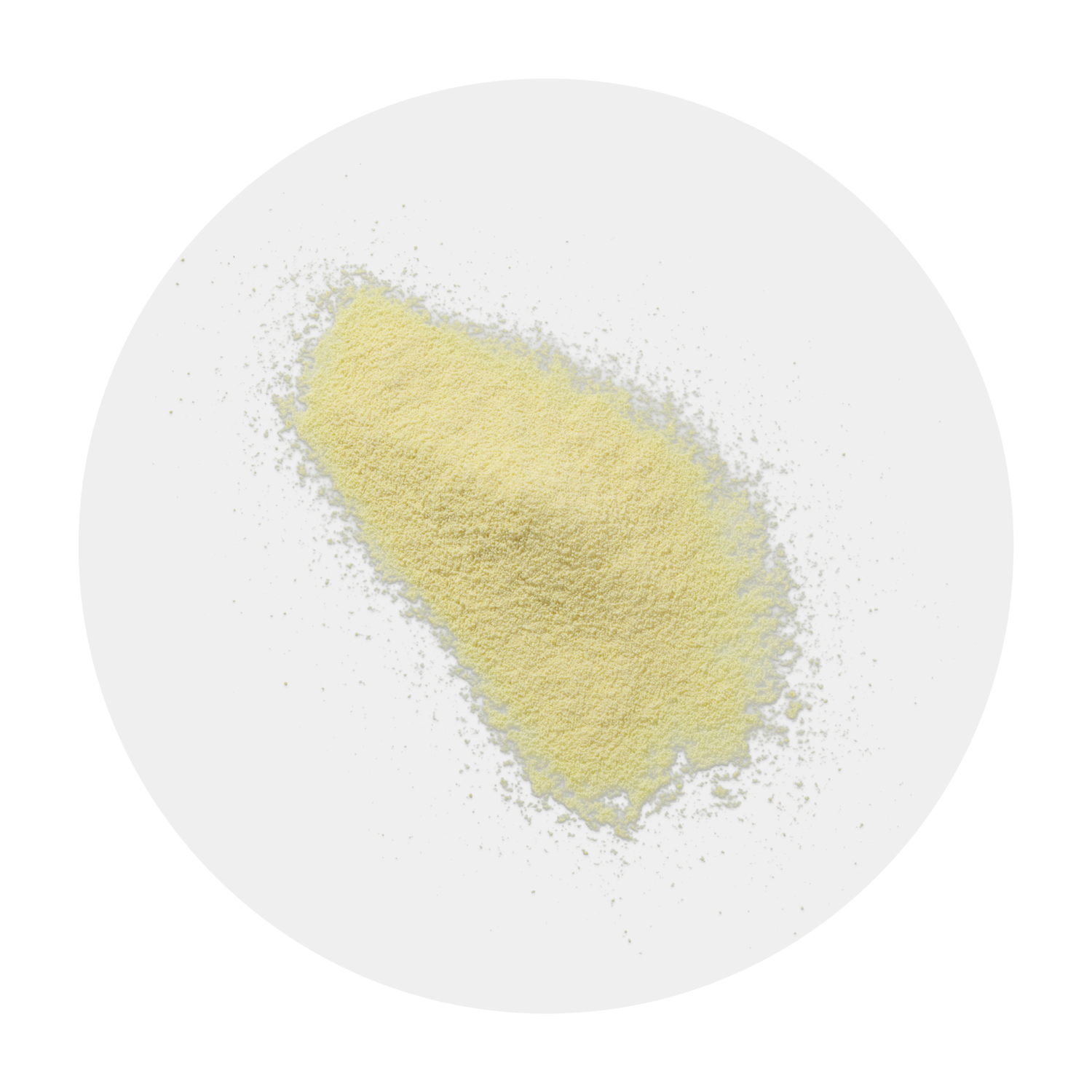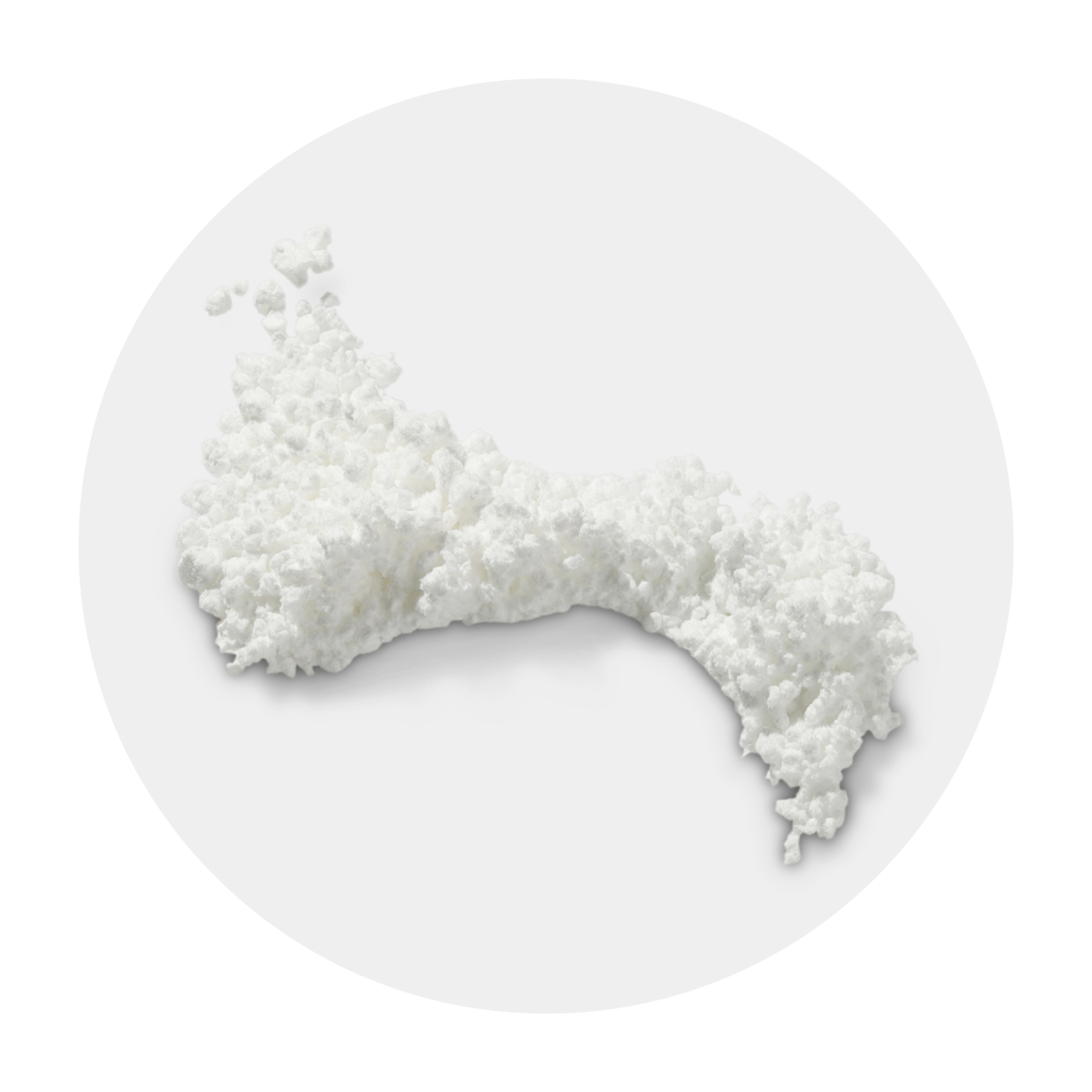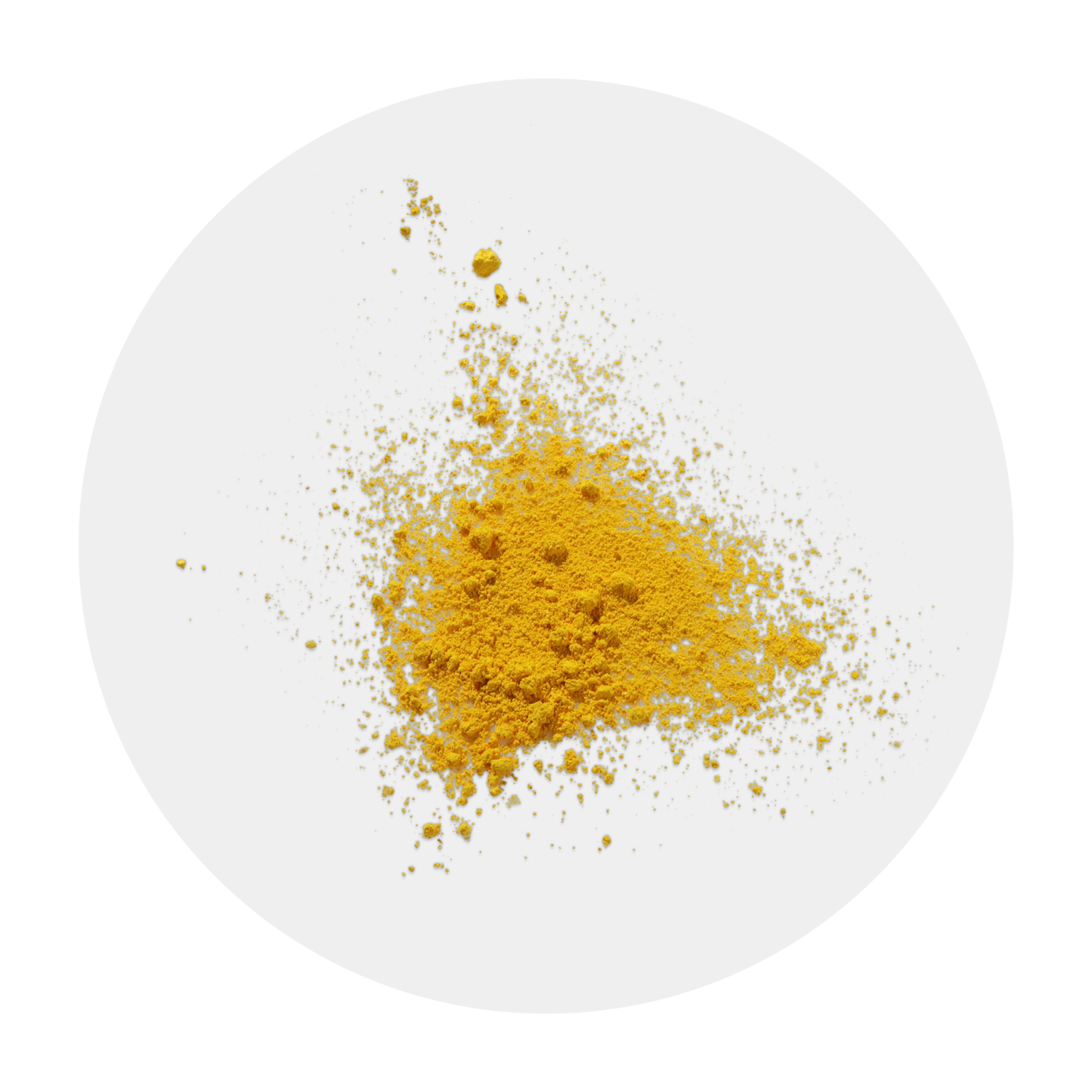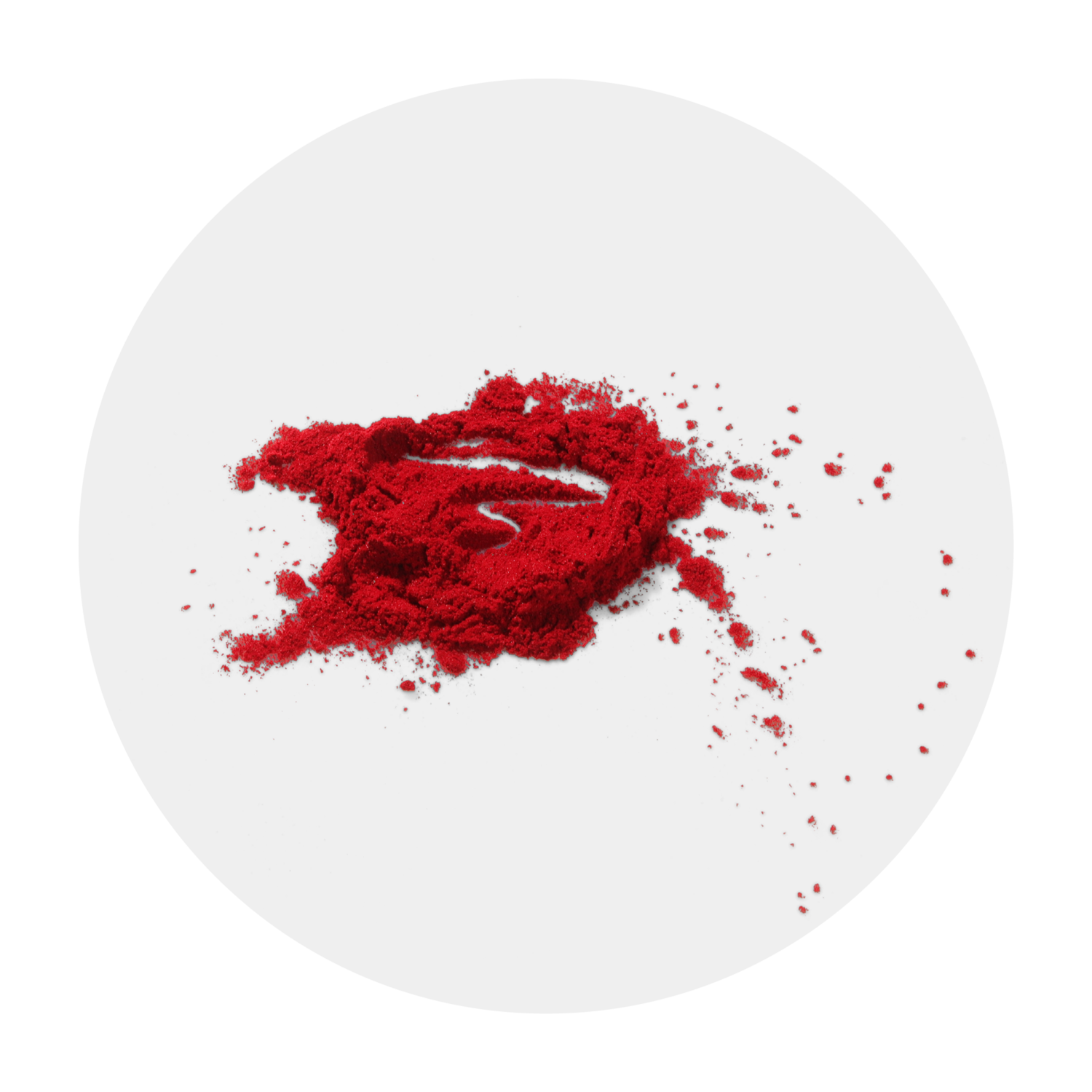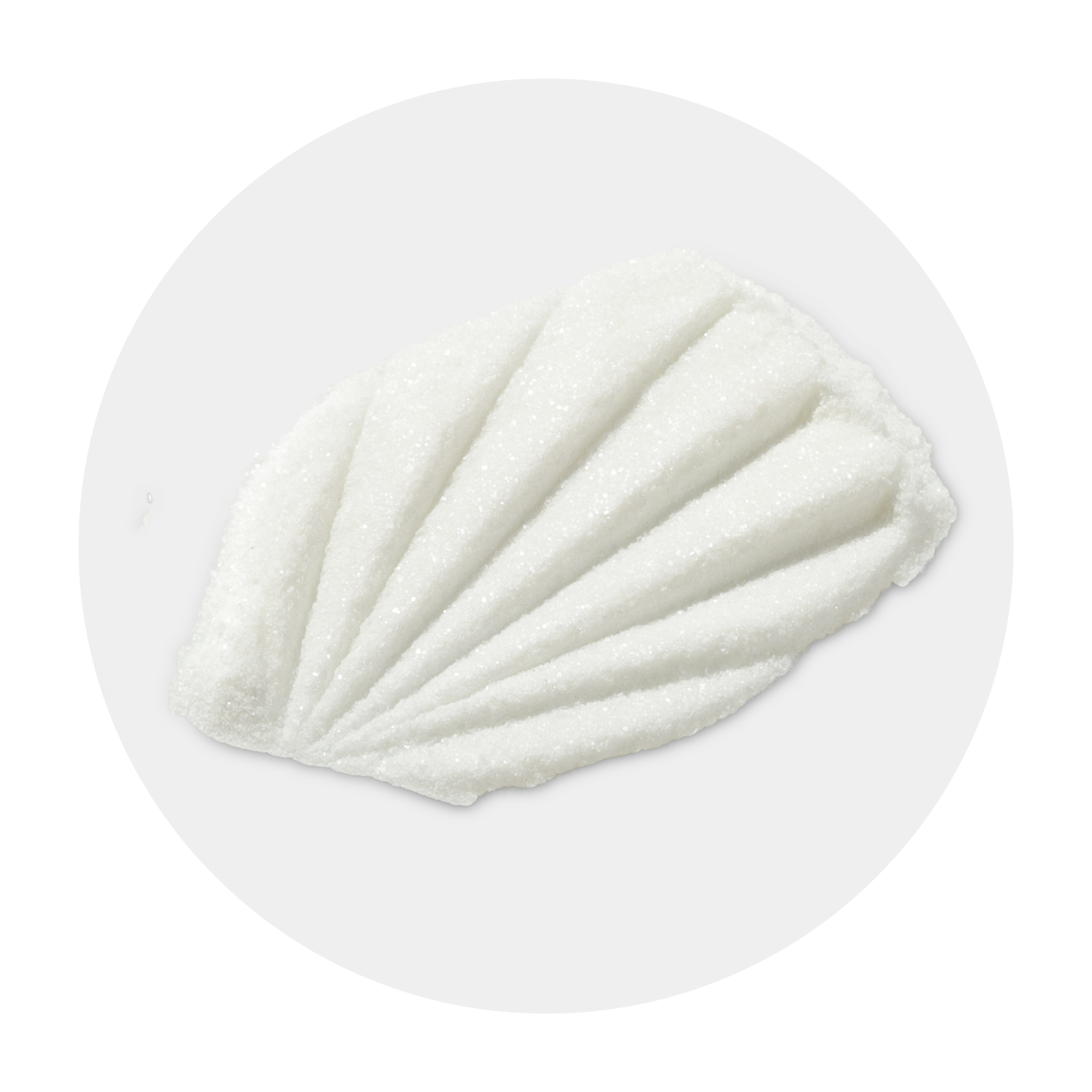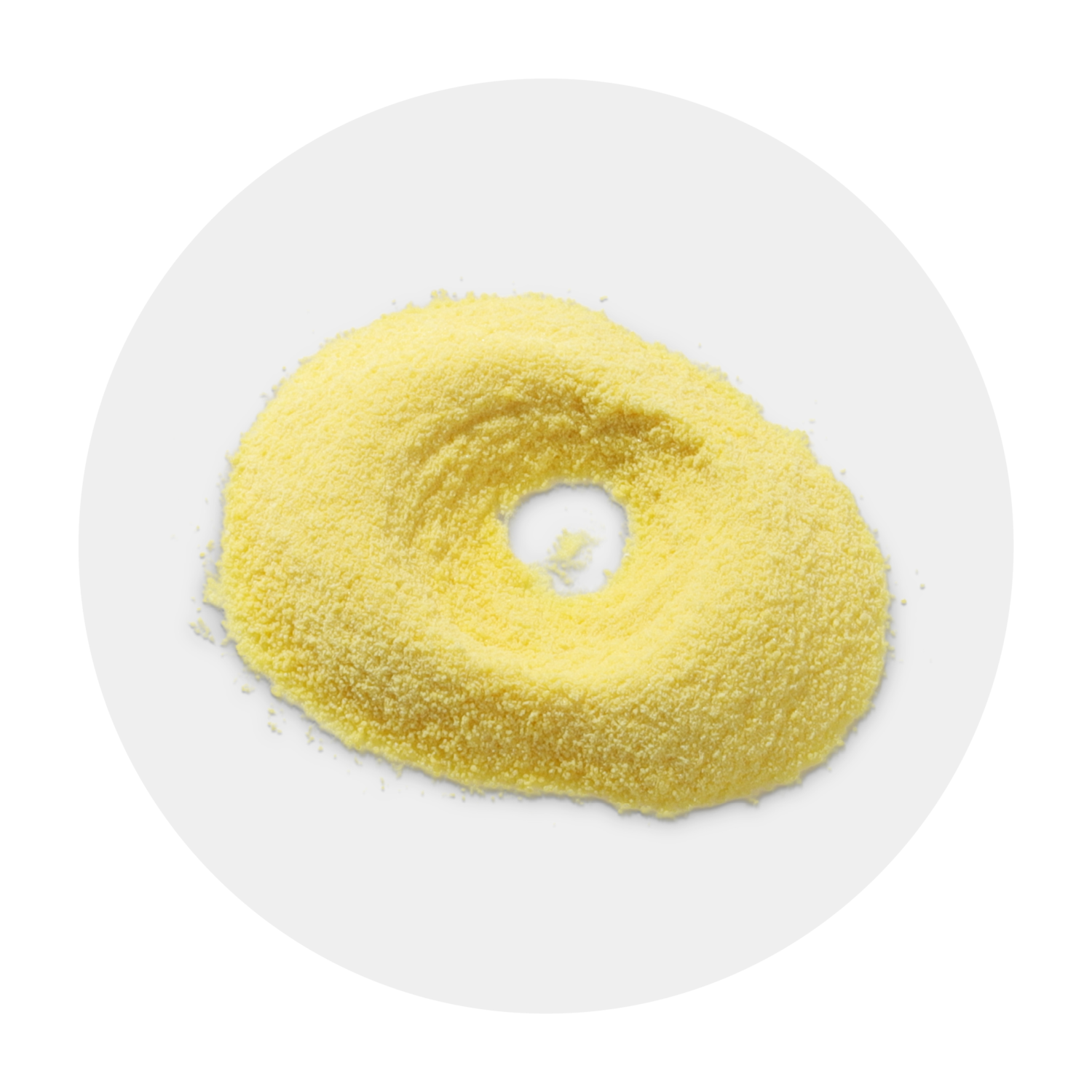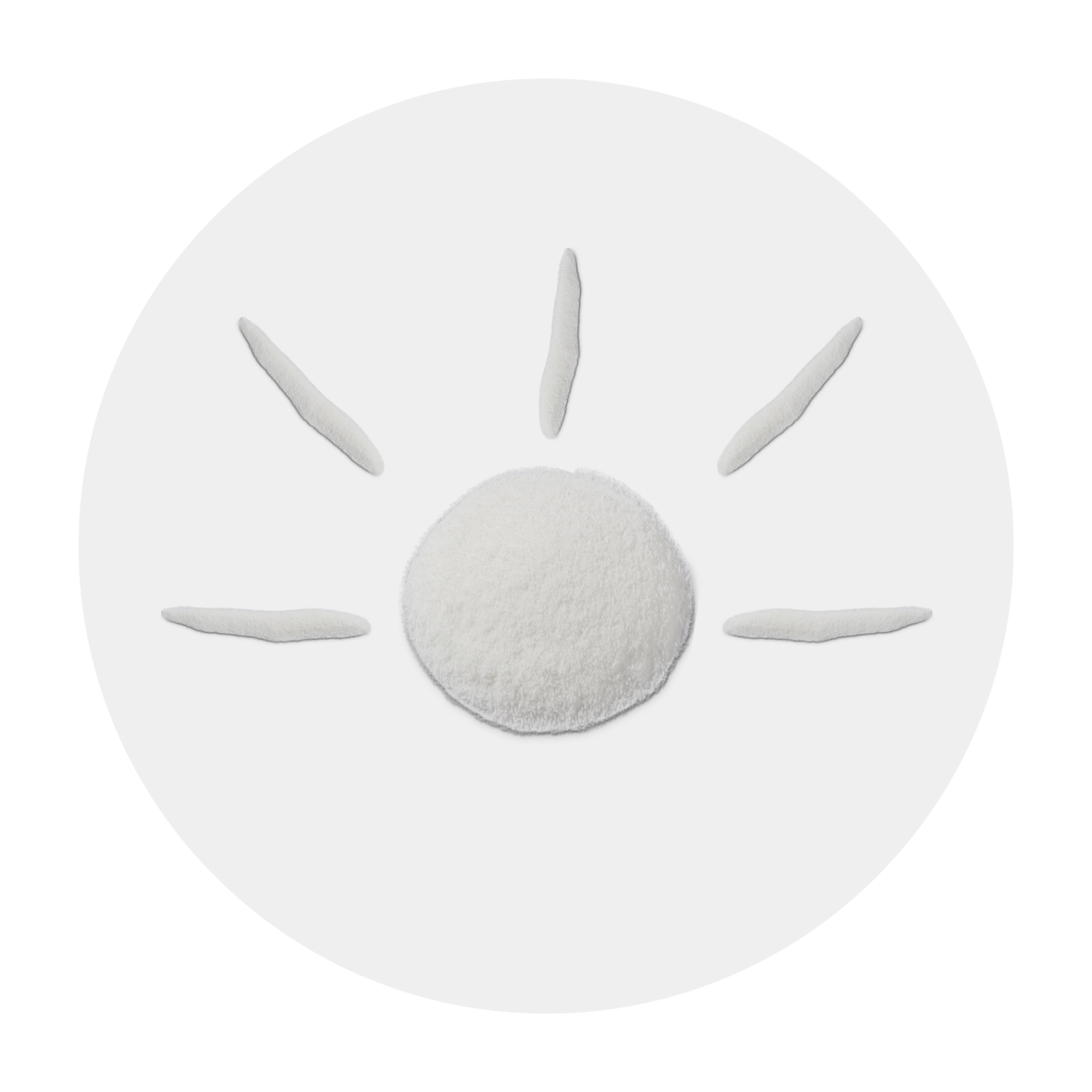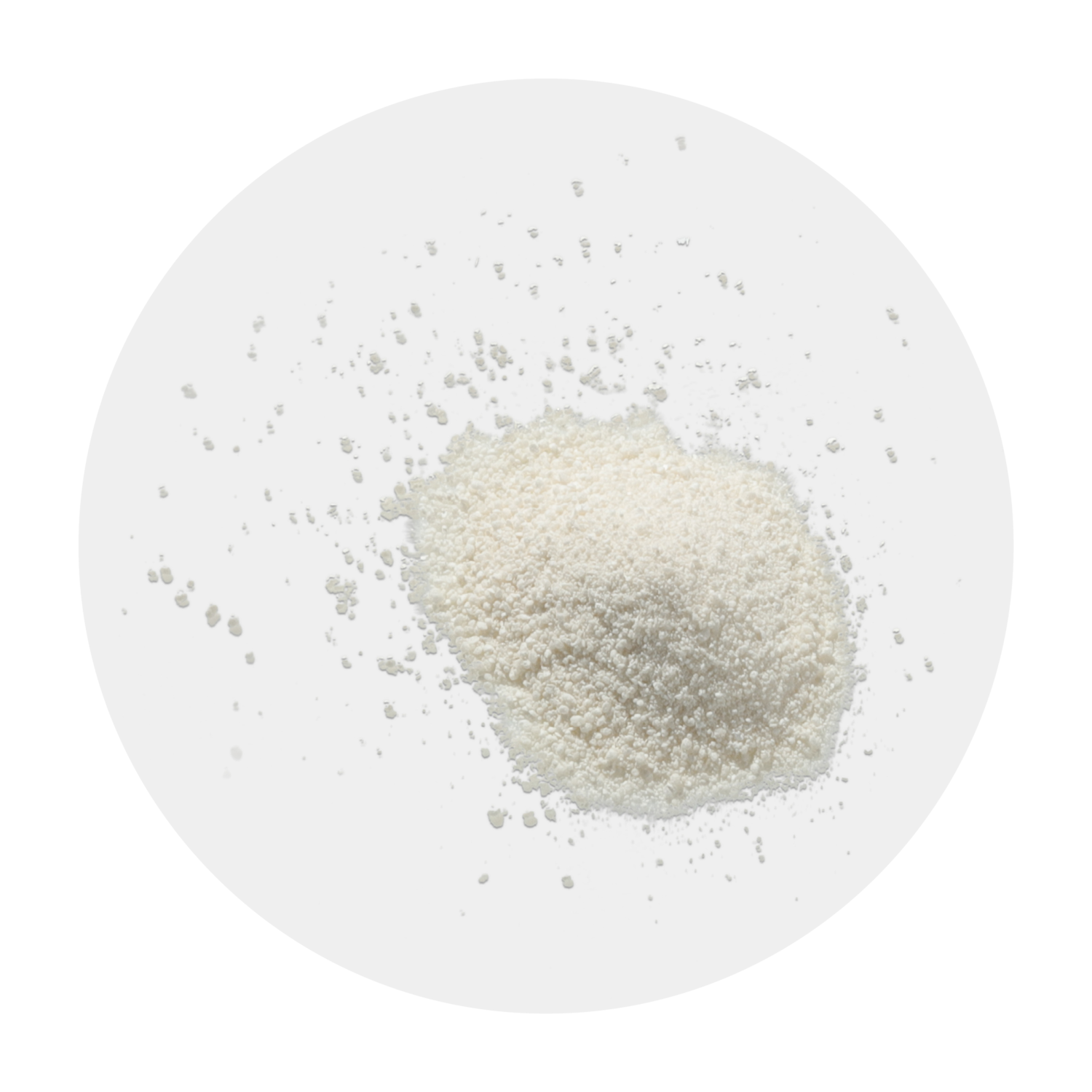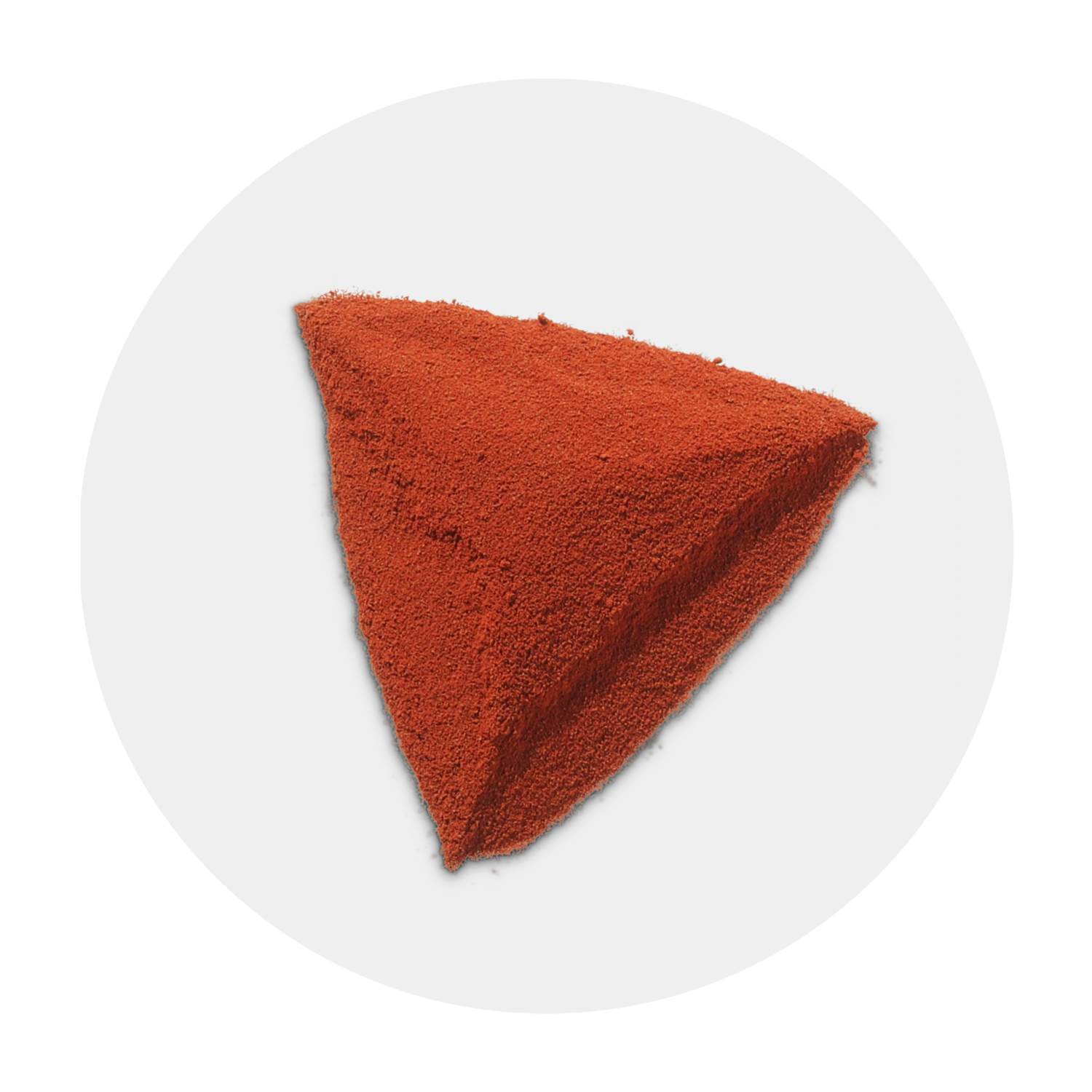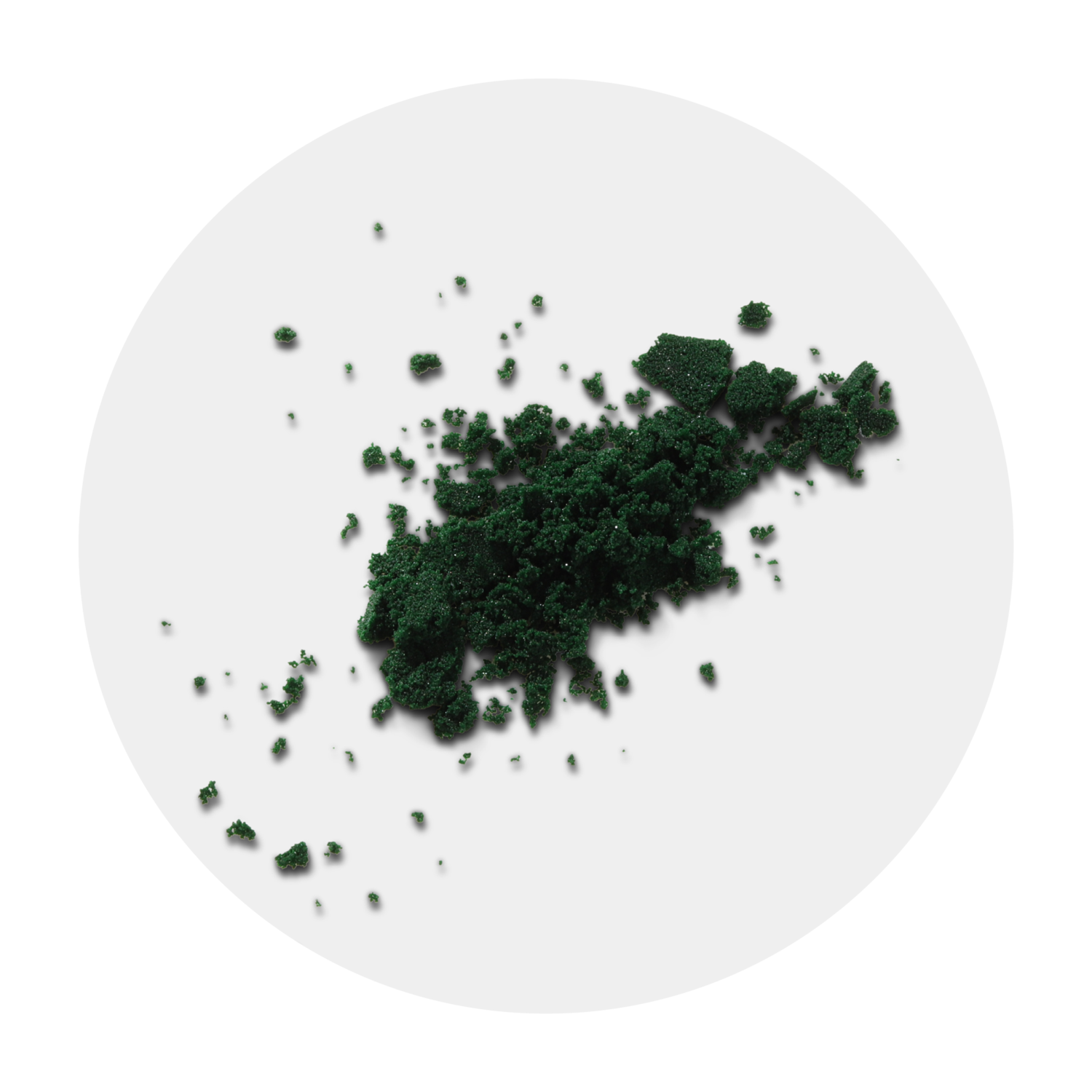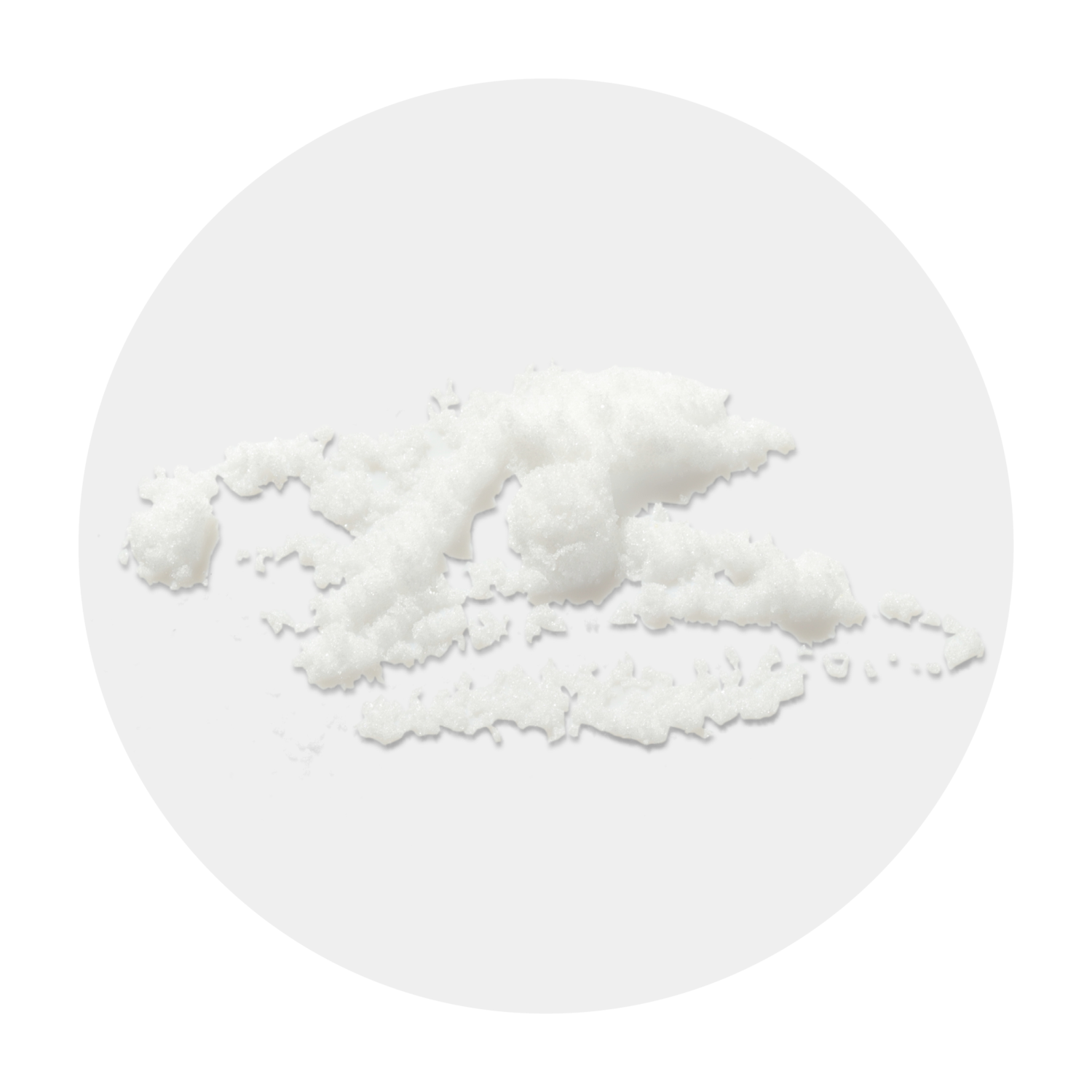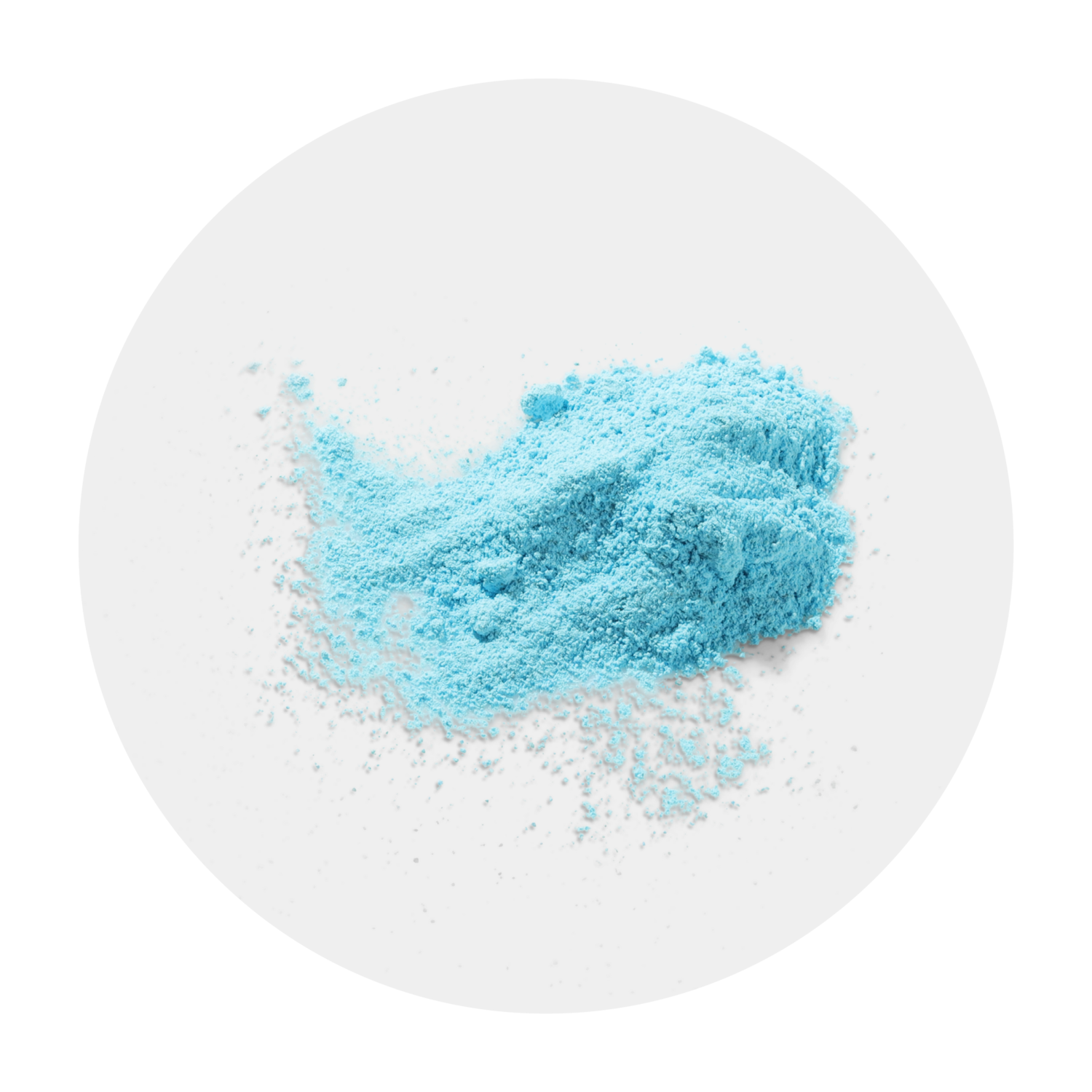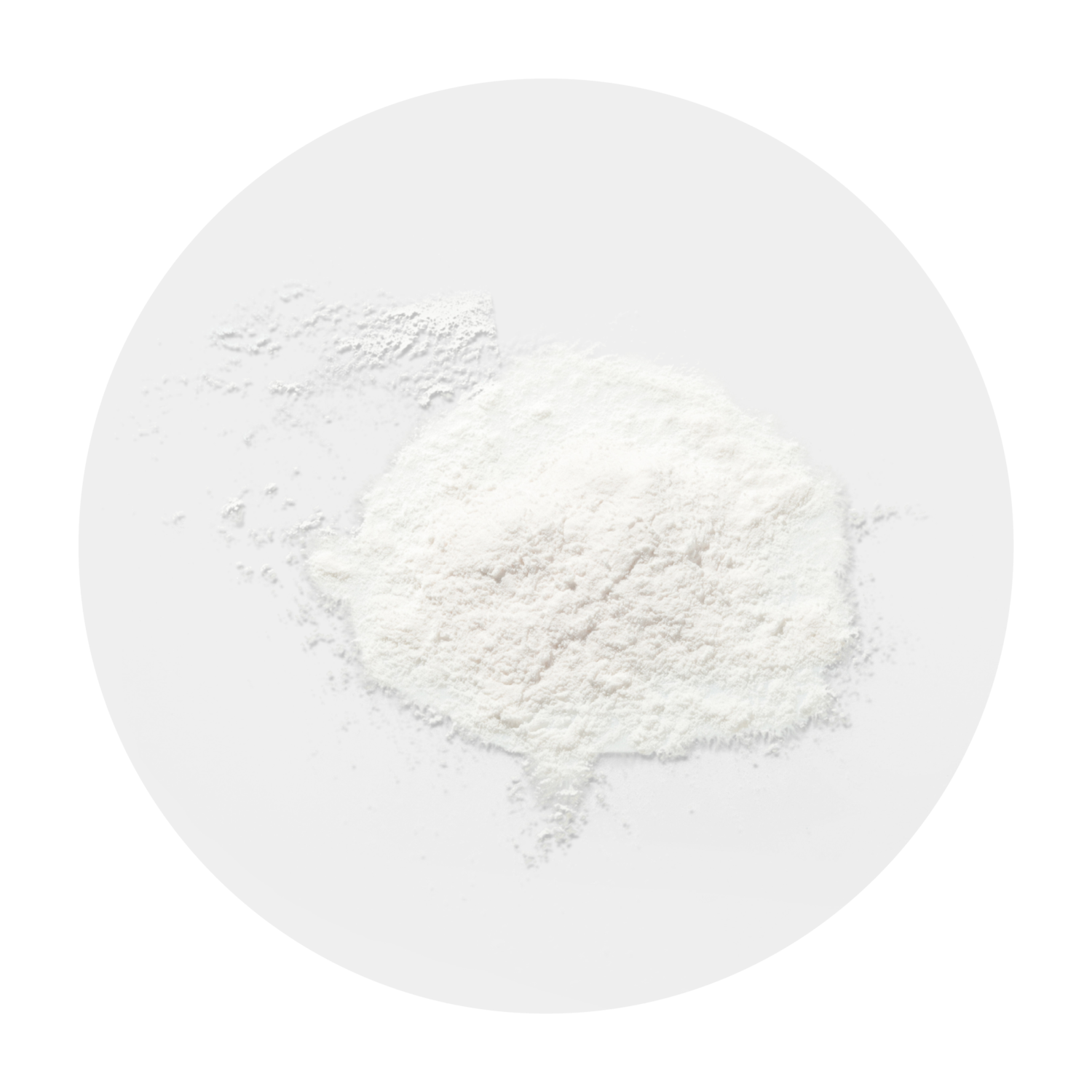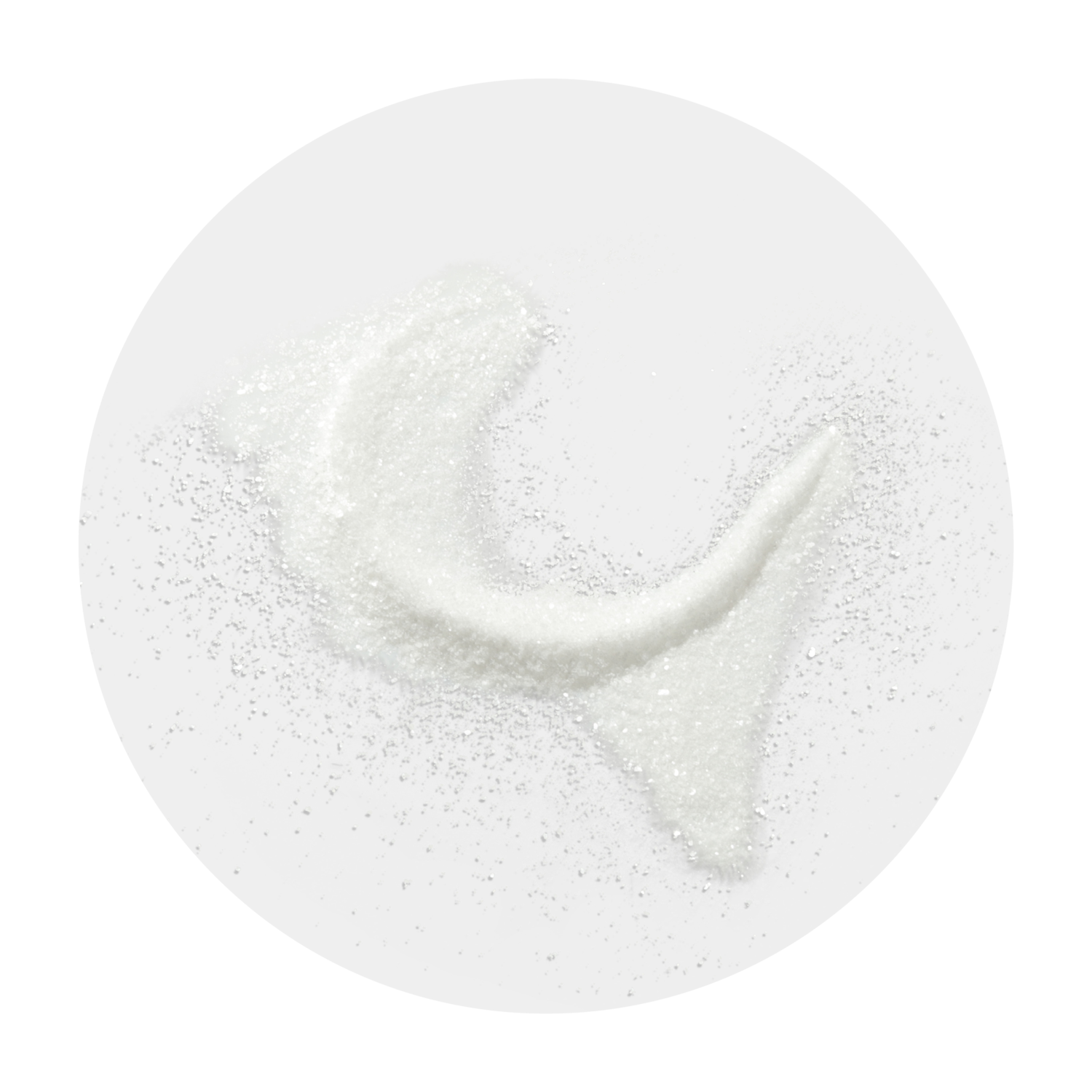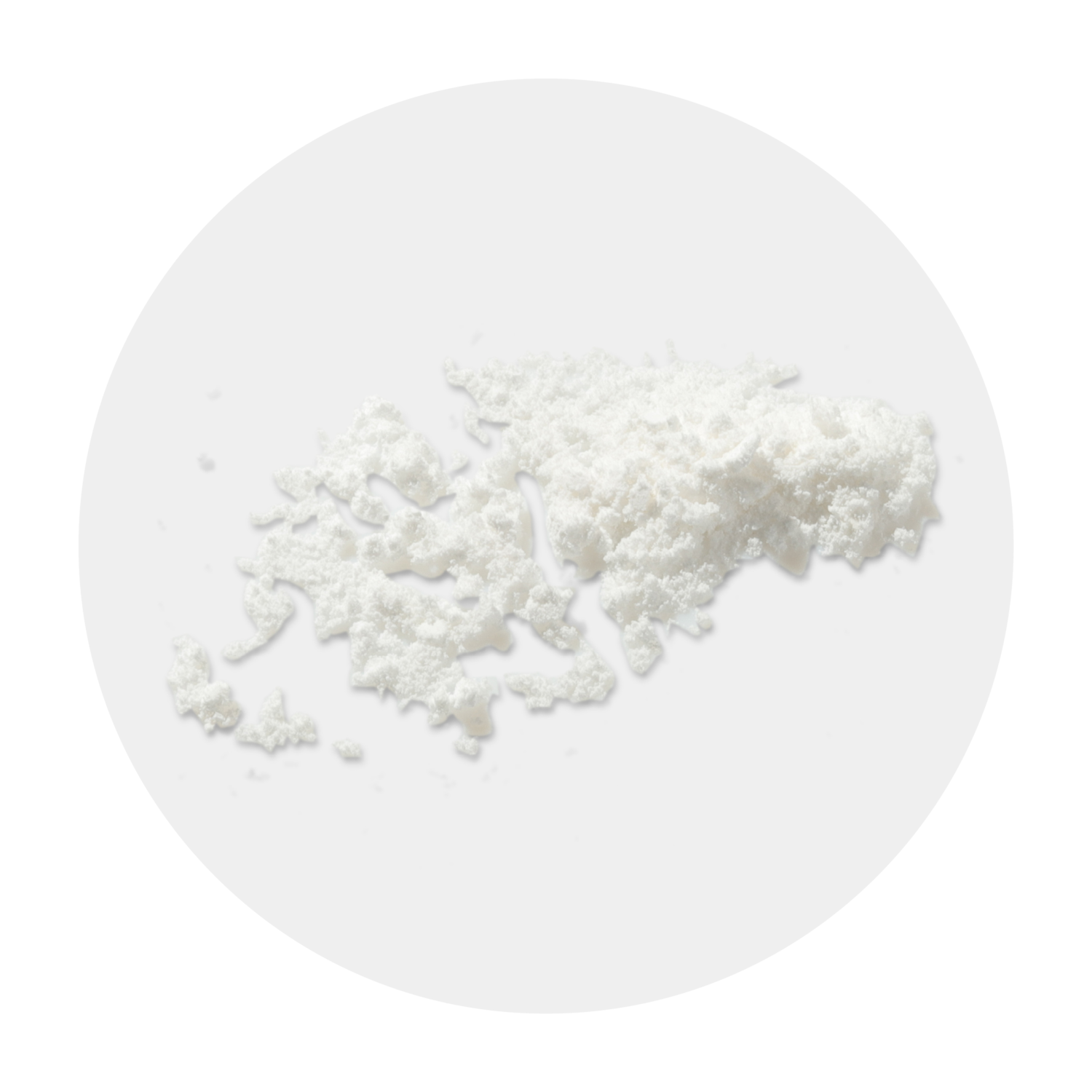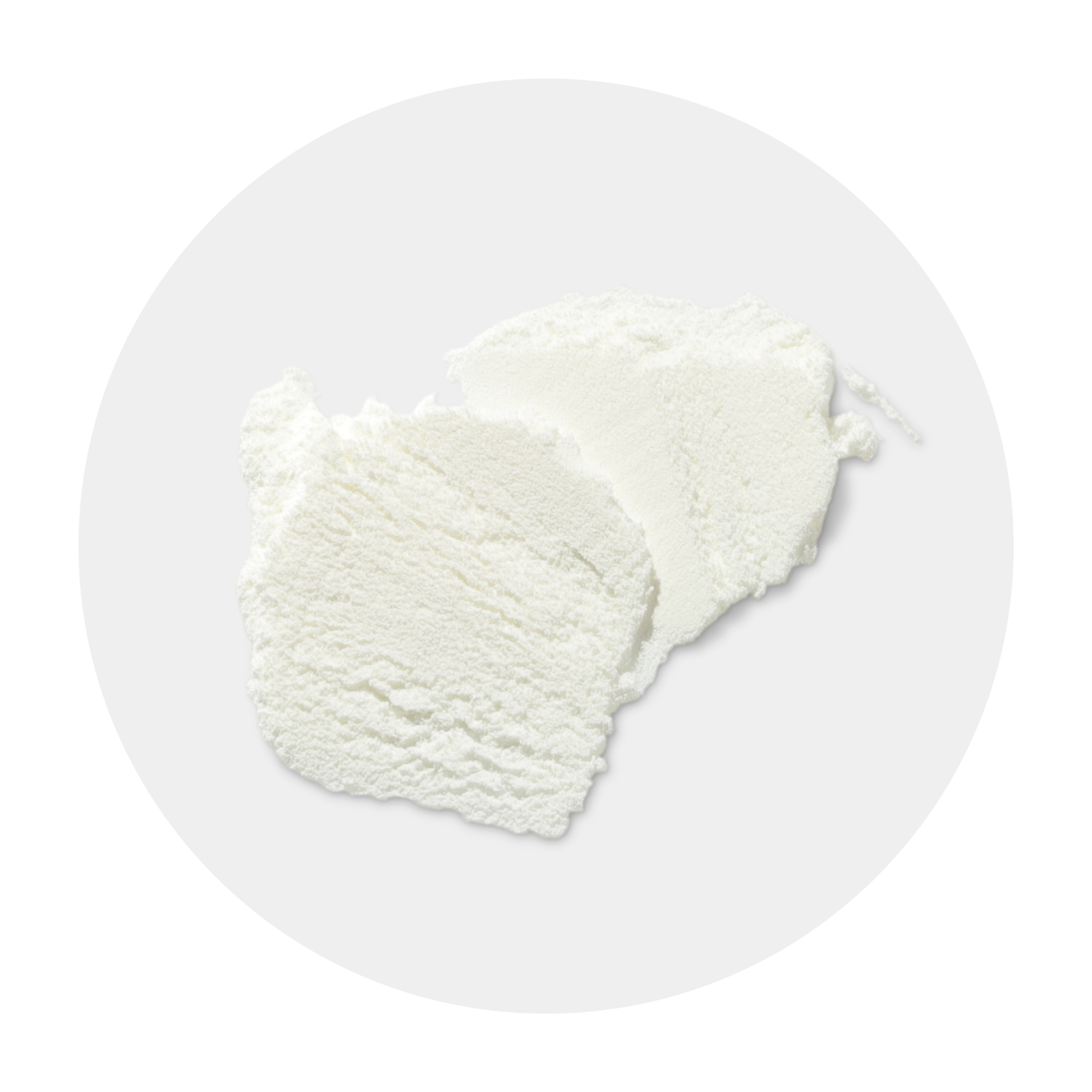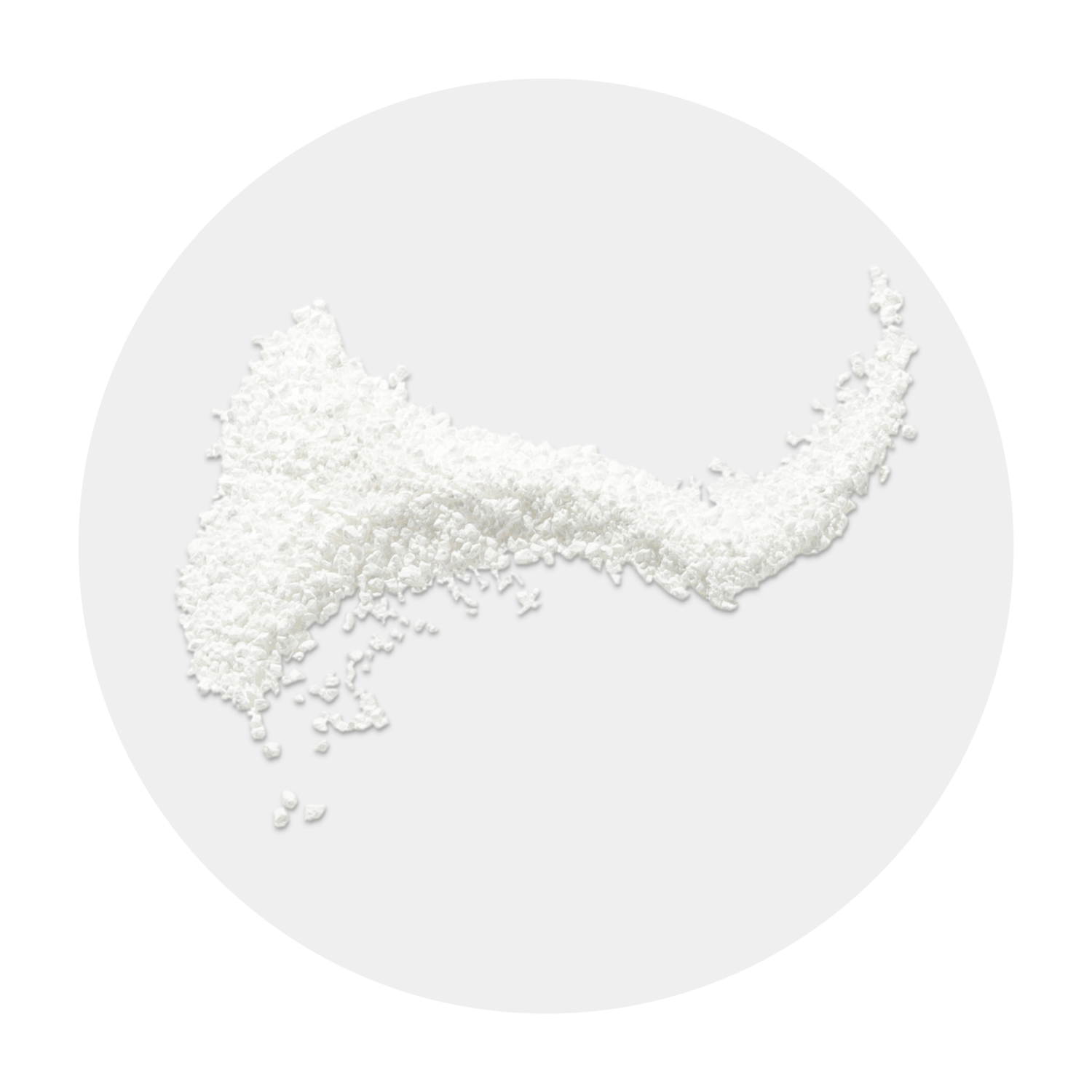FitForMe is trusted by 200,000+ customers and 8000+ healthcare professionals
FitForMe is trusted by 200,000+ customers and 8000+ healthcare professionals

Trustpilot score: 4.4 out of 5
Wondering what vitamins and minerals do for you? We have listed the 21 most important vitamins and minerals. Discover their powerful effect and in which natural sources you can find them. Also discover what can happen when you get too few vitamins and minerals.
Vitamins and minerals for an energetic and healthy you
First of all, we make a distinction between water-soluble and fat-soluble vitamins. Water-soluble vitamins are found in fluid contained in food. They enter the bloodstream directly. Water-soluble vitamins circulate in parts of the body that are filled with water (tissue fluid). You don't store them. One exception is vitamin B6. This vitamin is stored in the muscles. You just pee out the excess of the other water-soluble vitamins. This is why it is so important to supplement these vitamins every day.
Fat-soluble vitamins are mainly found in dietary fats. Via the lymphatic system they eventually end up in the bloodstream. These vitamins are stored in fatty tissue and the liver. The surplus of fat-soluble vitamins is not easily lost by the body. That is why it is better not to take in too much of them. An overdose can even be harmful.
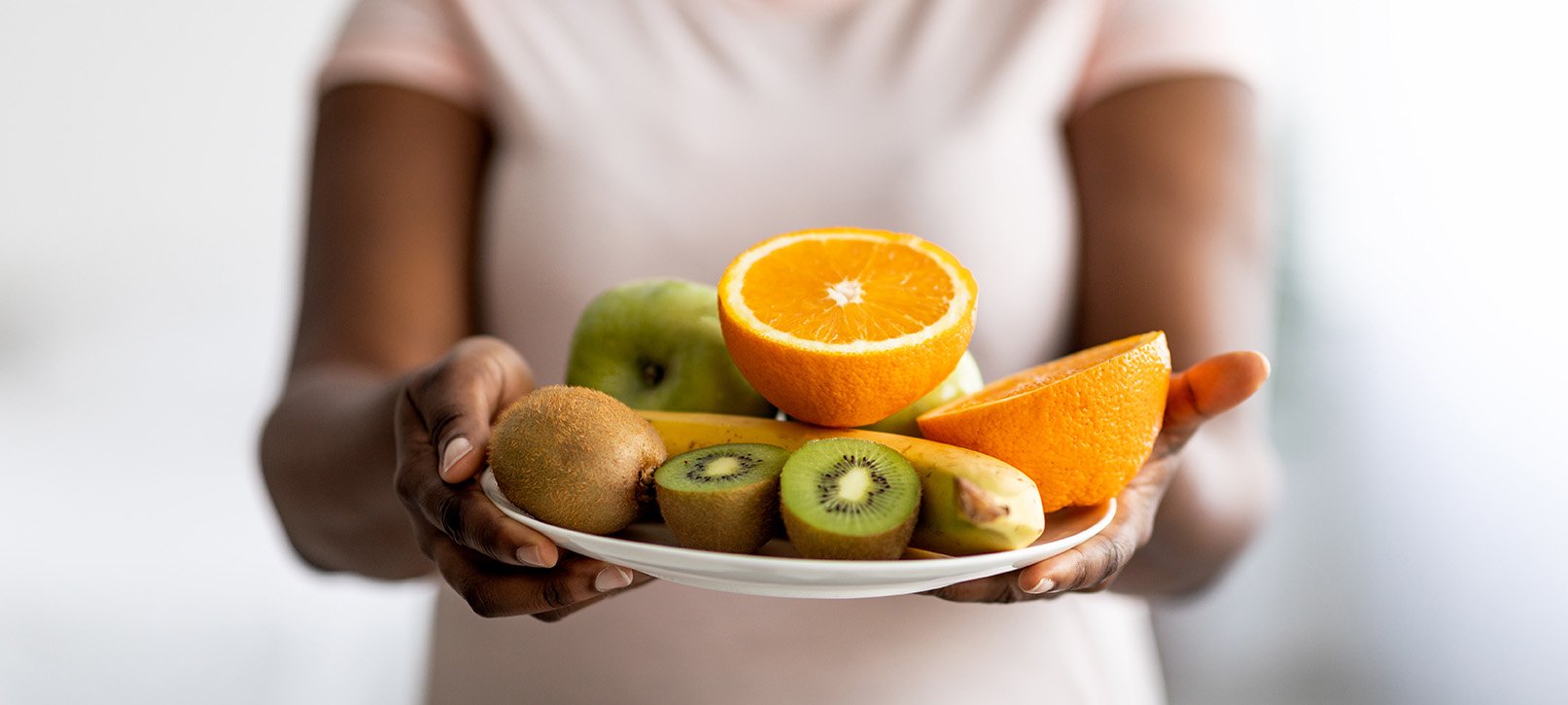
- Vitamin B1 (Thiamine)
The first B of the vitamin B family! Vitamin B1 is good for your heart and nervous system. It also supports your energy metabolism. Important natural sources of vitamin B1 are meat, dairy products, bread and cereals. Vegetarians and vegans often need extra vitamin B1. A structural deficiency of vitamin B1 can lead to damage to the nervous system. Have you had a gastric bypass and vomited during 2 weeks? Then you have an increased risk of vitamin B1 deficiency. Consult a doctor about this.
- Vitamin B2 (Riboflavin)
Supports your energy level and helps with fatigue. With vitamin B2 you help your body to get energy from proteins, carbohydrates and fats. This vitamin is found in organ meats, dairy products and grains. A deficiency of vitamin B2 can cause inflammation of the mucous membranes of the mouth, skin, eyes and digestive tract.
- Vitamin B3 (Niacin)
Boosts your body's natural energy and your level of fitness. Vitamin B3 is also important for the production of fatty acids. These fatty acids are good for your heart and blood vessels, your brain and your concentration. Vitamin B3 is found in meat, poultry such as chicken, vegetables and cereals. Do you have a vitamin B3 deficiency? Then you can suffer from dementia, diarrhea, skin problems and low energy.
- Vitamin B5 (Pantothenic Acid)
Supports energy metabolism and adrenal glands. Your adrenal glands affect stress in your body. Vitamin B5 is found in meat, poultry such as chicken and turkey, whole grain products, eggs, milk (products) and vegetables. When vitamin B5 is deficient, your symptoms may include nausea, fatigue, aching feet, hair loss and insomnia.
- Vitamin B6 (Pyridoxal, Pyridoxine, Pyridoxamine)
Has a positive impact on your immune system. Also contributes to the functioning of hormones and a good memory. A deficiency in vitamin B6 can cause anemia, skin problems and depression. A large deficiency even increases the risk of forms of cancer and cardiovascular disease. But an excess of vitamin B6 can also cause fatigue, headaches and nerve damage. Vitamin B6 can be found in meat, poultry such as chicken and turkey, grains, fruits and vegetables.
- Vitamin B8 (Biotin)
Also belongs to the vitamin B family and contributes to normal nervous system function. Biotin nourishes the skin from the inside out and keeps your hair strong. Are you deficient in biotin? Then you may suffer from skin abnormalities, anemia and depression. Natural sources of biotin are eggs, liver, milk products, nuts and peanuts.
- Vitamin B9/B11 (Folic Acid)
Contributes to a clear mind and normal blood formation. It also, along with vitamin B12, ensures the production of new cells. Folic acid is found in grains, green vegetables like spinach and broccoli, legumes and citrus fruits like oranges.
- Vitamin B12 (Cobalamin)
Promotes energy metabolism and is good for the nervous system. Also supports the production of red blood cells. A deficiency of vitamin B12 is relatively common. You feel more tired and can suffer from intestinal problems. Vitamin B12 is mainly found in meat, eggs and milk products. If you don't eat meat or animal products, it might be smart to have your blood values checked regularly.
- Vitamin C (Ascorbic acid)
Supports the formation of collagen which in turn is good for your bones, joints and skin. Vitamin C also boosts your immune system during and after exercise. You can also take extra vitamin C if you have the flu or a cold. A lack of vitamin C can cause bleeding gums, dry skin and low immunity. Vegetables like broccoli and tomatoes and fruits like kiwi and orange are high in vitamin C.
- Vitamin A (Retinol)
Ensures proper immune function and supports the condition of your skin and eyes. A deficiency of vitamin A can lead to inflammation of the respiratory tract, stomach and intestines. Vitamin A can be found in dairy products, eggs, sweet potato and green leafy vegetables such as spinach.
- Vitamin D3 (Colecalciferol)
For maintaining strong bones, teeth and muscles. It also ensures proper immune function. The best known supplier of vitamin D is the sun. It is also found in fatty fish, milk products and cereals. If you get too little sunlight and too little vitamin D from food, you can suffer from bleeding gums, fatigue and aching muscles and joints.
- Vitamin E (Tocopherol)
An antioxidant that helps protect you against external influences, like air pollution and sunlight (UV radiation). A deficiency of vitamin E can cause anemia and lowered immune function. Natural sources of vitamin E are green vegetables, sunflower oil, bread, cereals, nuts and seeds.
- Iron
Iron is part of our blood. It sends oxygen from the lungs to all the cells in your body. Iron is incredibly important, yet a deficiency is common. Common complaints are fatigue, anemia, headaches and restless legs. Iron is found in red meat, fish, poultry, green leafy vegetables, whole grain products, nuts and seeds. If you don't eat meat, it's extra important to check your blood levels.
- Chromium
This mineral helps with the breakdown of proteins and fats. It also ensures an optimal functioning of the hormone insulin. Insulin causes sugar from food to end up in our body cells and not in the blood. Chromium therefore keeps your blood sugar levels up. It is found in vegetables, fruits and whole grain cereals.
- Iodine
Supports thyroid hormones that stimulate growth and metabolism. Iodine is also good for your memory and nervous system function. With an iodine deficiency you can suffer from a sluggish thyroid, which in turn can cause a sluggish feeling and weight gain. Iodine is found in seafood such as shrimp, bread and milk products. In the Netherlands iodine is also added to salt. Therefore, a shortage occurs very rarely.
- Copper
Like iron, copper is an important player in our body. It contributes to your immune function, supple connective tissue and the absorption of energy from food. In addition, you need copper to absorb iron. A serious deficiency of copper can cause anemia and osteoporosis. You can find copper in shrimp, oysters and mussels, nuts, grains and seeds.
- Manganese
Good for the production of bones, cartilage and connective tissue. It also supports your energy levels, digestion and the maintenance of healthy cells and tissues. Natural sources of manganese include nuts, grains, leafy vegetables and tea.
- Molybdenum
Like manganese, this is needed to make enzymes. Molybdenum also contributes to strong teeth and joints and detoxification of the liver. In addition, this mineral is involved in the breakdown of sulfur-containing amino acids in your body. Molybdenum is found in almost all foods. It is especially abundant in vegetables, grain products, milk and nuts.
- Selenium
Found in the liver and protects red blood cells and cells from damage. Selenium also makes the heavy metals sometimes found in food less harmful. In addition, it contributes to strong, shiny hair. A weak immune system, difficulty focusing and problems with fertility can indicate a selenium deficiency. Selenium is found in shrimp, grains, fruits and vegetables.
- Zinc
All cells in your body need zinc to build proteins. Zinc is also good for your immune system, nails and hair growth. A zinc deficiency can cause low immune function, slow growth, hair loss and loss of appetite. Wounds also heal less quickly. You can naturally find zinc in protein-rich foods such as red meat, shrimp and cereals.
- Calcium
We can't live without it! Calcium is the engine for strong bones, teeth and muscles. But the older you get, the less your body absorbs calcium. To get enough calcium, eat or drink dairy products like milk, yogurt and cheese. If you have had a gastric bypass or cannot tolerate lactose, you may not get enough calcium. In that case it is smart to take extra calcium.
